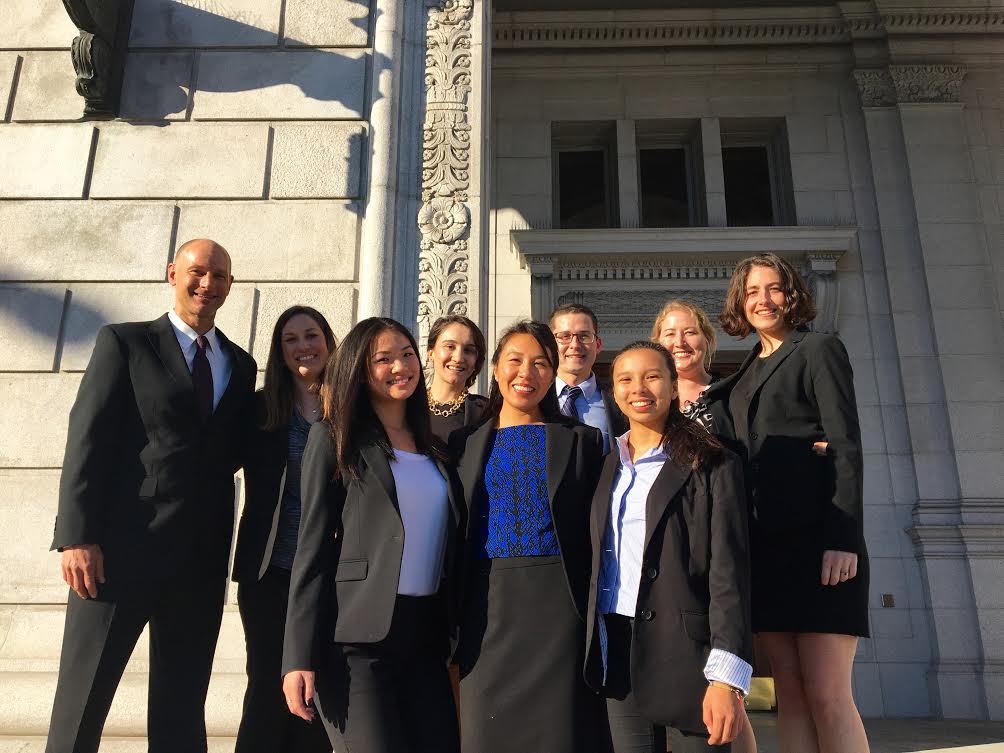California Court of Appeals Hears Oral Arguments in School Funding Case –Youth & Education Law Project Clients Say State Violates Fundamental Right to Education by Shortchanging Students

In 2012, a coalition of individuals and groups representing thousands of low-income California students and parents appealed Superior Court Judge Steven Brick’s dismissal of their landmark cases, Robles-Wong v. California and Campaign for Quality Education (CQE) v. California.
The coalitions filed suit in Summer 2010 calling on the State to live up to its constitutional responsibility and “provide all California public school students with a new school finance system that sufficiently and equitably supports its public schools, so that every child has a reasonable opportunity to obtain a meaningful education that prepares them for civic, social, and economic success in the 21st century.”
In Robles-Wong, The Youth & Education Law Project represents 62 individual plaintiff students from across the state in coalition with other key stakeholder plaintiffs such as the California School Boards Association, the Association of California School Administrators, the California Teachers Association, and the state Parents and Teachers Association.
On January 27, 2016 – four years after Judge Brick dismissed the underlying complaints – three State Justices heard oral argument on whether there is a qualitative component to the right to an education in California. The courtroom was near-capacity, with plaintiffs and representatives from major stakeholders filling the room. Named Plaintiff Maya Robles-Wong and her family (pictured with their litigation team at the Youth & Education Law Project) watched as the Justices questioned counsel for Plaintiffs and the State of California, respectively.
The California Court of Appeals now faces the task of determining whether the State’s Constitution guarantees all children in California the right to an adequately funded and quality education that allows the opportunity to prepare for economic and civic life. The Court is expected to issue its decision within 90 days of the argument.
California, which ranks near the bottom of the nation in both academic performance and school funding, is in dire need of school funding reform to ensure its students have a fair chance to succeed in our national and global economies.
For more information about the case, see articles published in SFGate and EdSource.
